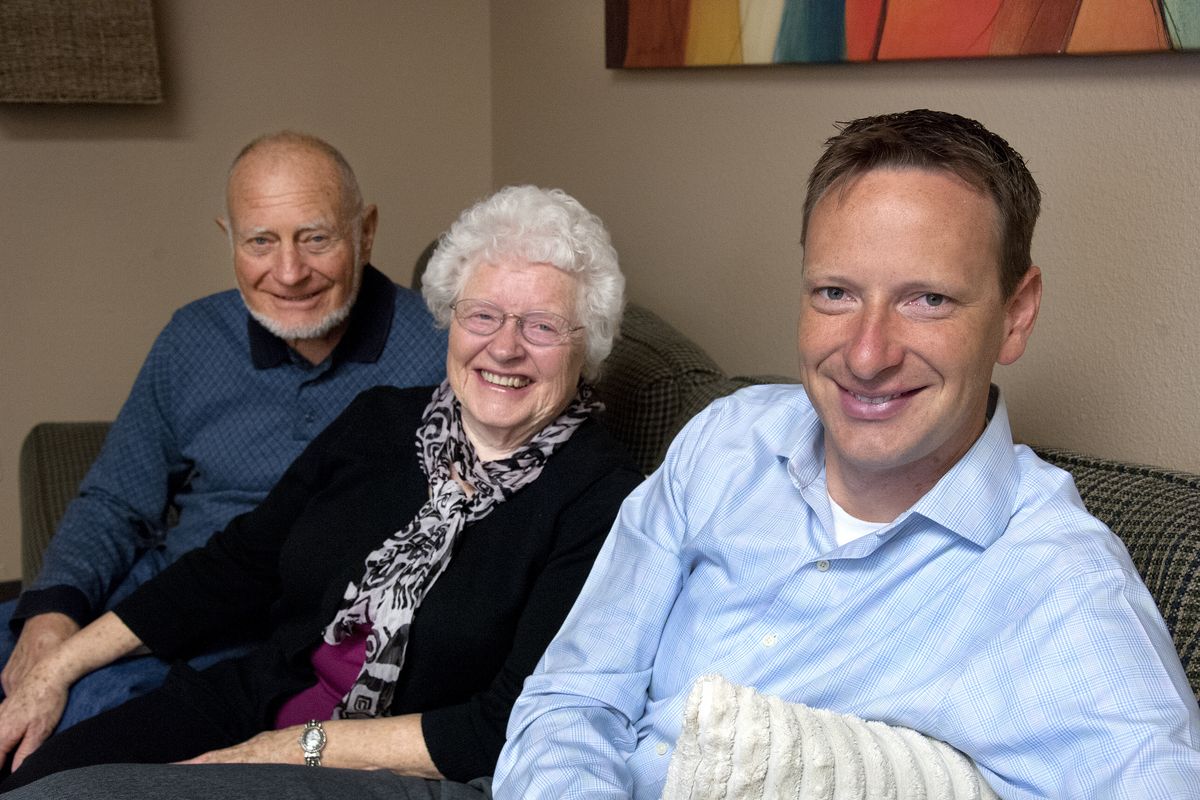Local dentist offers free care to poor in Dominican Republic, India

Clean running water, a toothbrush and a tube of toothpaste – a daily ritual most of us take for granted.
Not Spokane dentist T.J. Scarborough. For the past several years, Scarborough and a dentist friend from college have traveled to the Dominican Republican to offer free dental care to those in need. It turns out most everyone in the Dominican Republic is in need – especially children and plantation workers.
“The cost of dental care is comparable to what it is here, but they have no means to pay for it,” Scarborough said. “We spend half of our time at a school for street children.”
Forget the routine cleaning that most children in the U.S. receive; Scarborough said the majority of the dentists’ time is spent doing fillings and extractions.
“Soda is cheaper than water. They even put it in their baby bottles,” he said. “It’s really sad. You’ll see a 6-year-old with their 6-year molars already decayed to the bone.”
When Lloyd Willoughby, one of Scarborough’s patients, heard about the humanitarian trips, he mentioned them to his wife, Freda.
Freda crafts tiny baby dolls. The 3-inch creations have faces made of many different colors of flannel, and their buntings are crafted in patterned fabrics that appeal to both boys and girls.
“I’ve been making these a long time for missionaries,” she said. “Lloyd told me about the trip, so last year I made 160.”
This year, when she heard Scarborough would be returning to the Dominican Republic in March, she got busy and made 200 “babies.”
“They’re all handmade, and this year Lloyd helped put the stuffing in,” she said.
Willoughby shrugged off the hours of labor-intensive handiwork. “It’s the Lord’s work.”
Scarborough saves them for the children who have dental work done and offers them as a reward for their bravery. “The kids love them.”
The language barrier can be difficult, so he tries to coordinate with LDS missionaries in the area so they can serve as translators.
The dentists bring all their dental supplies at their own expense, though sometimes supply companies will donate things. However, it’s not in any way like practicing dentistry back at home.
There’s no nitrous oxide or team of assistants, so for the past couple years the dentists’ wives have come with them and served as dental assistants.
Scarborough shook his head, “It’s nothing you learned in dental school.”
In addition to the school for street kids, they visit rice plantations and offer dental care to the workers.
“We go to the Haitian border where laborers make $1 a day – not enough to buy a bag of rice for their families. We work on adults there.”
They treat hundreds of patients who have a very rudimentary understanding of dentistry. The workers just know their teeth hurt and these two men can help.
Scarborough does reconstructions, hand-forming bridges out of resin.
“They wait all day in the hot sun under corrugated metal roofs. The Haitian workers are discriminated against and have to wait until the others are treated,” Scarborough said. “They think we do something magic – take a black tooth and make it white!”
He said the first few trips were difficult emotionally. “It was heartbreaking. You feel like you can’t do enough.”
But the gratitude in the smiling faces is its own reward. “It’s so great when the kids come up and say thank you – and now we see familiar faces.”
Next year they plan to visit India, having been there previously. Ideally, Scarborough said they’d like to make two humanitarian trips each year.
He said returning home is always a bigger culture shock. “It gives you a different perspective. It’s amazing what we complain about.”
When his four children are old enough, he plans to have them join him.
“I like serving and helping people,” Scarborough said. “I’ve come to appreciate having a skill that people are in desperate need of.”